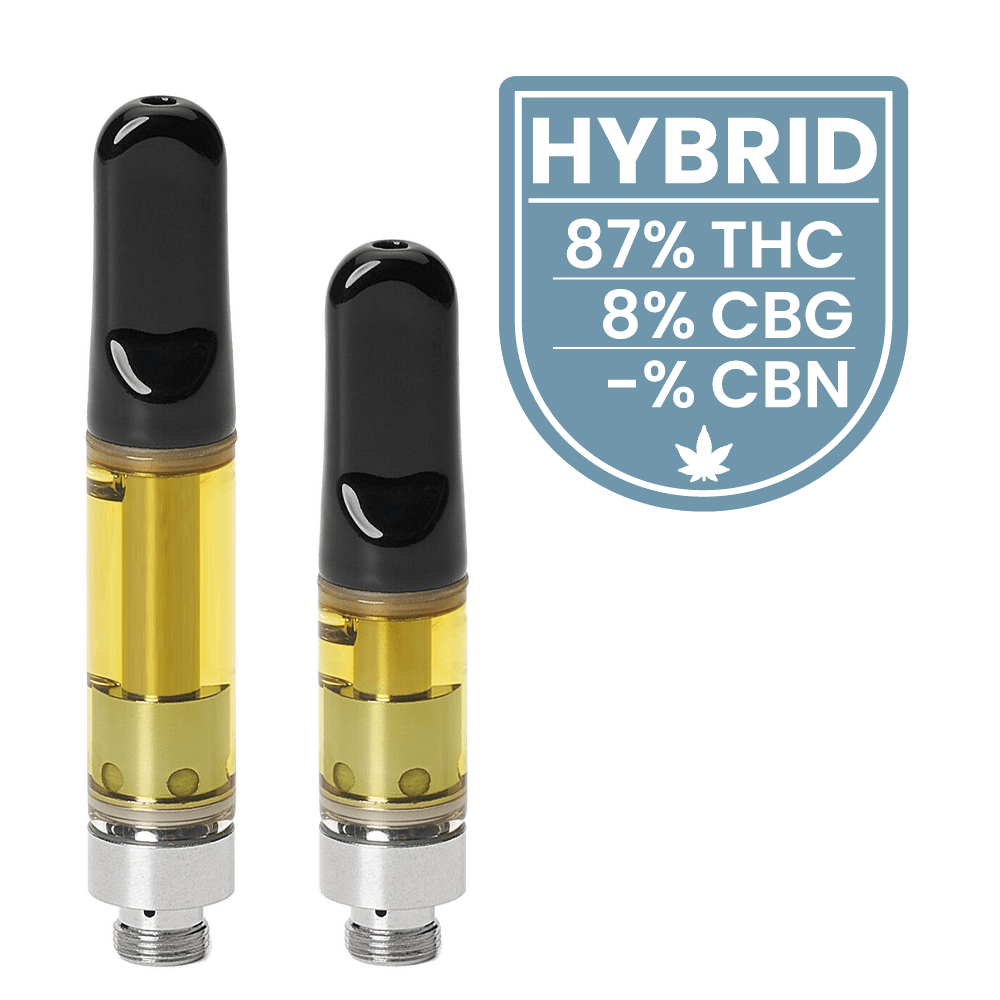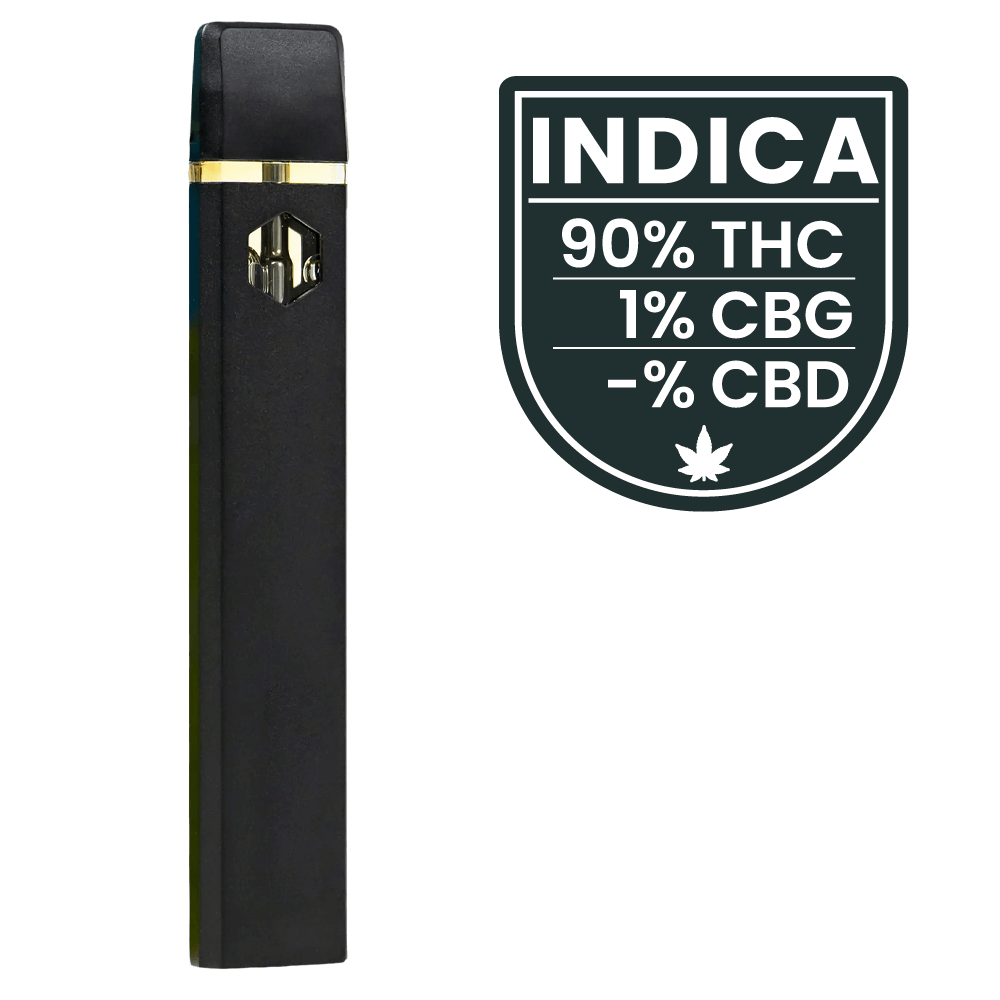You might be wondering, is Delta 8 THC a synthetic cannabinoid used to create these amazing products? Rest assured, this is not the case!
Is Delta 8 a synthetic cannabinoid?
Some people may have misconceptions about what Delta 8 actually is and falsely group it with other synthetic cannabinoids. This is because of the many production processes that help make large quantities of it. So what makes Delta 8 different from other synthetic cannabinoids? Let’s find out.
Is Delta 8 a synthetic cannabinoid?
No, Delta 8 is not a synthetic cannabinoid! This natural cannabis compound is extremely rare and found in very low concentrations in hemp, a cannabis plant rich in CBD content. To extract Delta 8 from these plants would be highly inefficient and costly since less than 1% of every hemp plant contains Delta 8 THC. However, scientists have devised a way to obtain sufficient amounts of this organic cannabinoid to make a variety of Delta 8 products.
For example, CBD and Delta 8 THC are isomers of each other and share a similar chemical structure. Since hemp has high amounts of CBD, scientists have learned how to use the process of isomerization to convert CBD into abundant amounts of Delta 8 THC.
Isomerization might be the best way to acquire sufficient Delta 8 now, but the future holds a more natural solution. Hemp growers may be able to increase Delta 8 cannabinoids in hemp plants through selective breeding. Selective breeding combines parents with a particular set of desirable characteristics to produce offspring. In this case, growers hope to achieve plants with higher Delta 8 concentrations.
What Are Organic Cannabinoids?
Organic cannabinoids are cannabinoids that naturally occur in cannabis plants. These natural cannabinoids include:
- Cannabidiol (CBD)
- Cannabinol (CBN)
- Delta 8 THC (D8)
- Delta 9 THC (D9 or THC)
- Hexahydrocannabinol (HHC)
- Cannabigerol (CBG)
- And many more!
Although making Delta 8 THC requires converting CBD extracted from hemp plants, scientists consider Delta 8 completely natural and organic since it comes from a natural source.
What Are Synthetic Cannabinoids?
Synthetic cannabinoids are usually artificial, lab-produced cannabinoids, sometimes known as herbal or liquid incense. Federal law considers synthetic cannabinoids as new psychoactive substances (NPS). These unregulated substances produce the same effect as many illicit drugs.
You can consume synthetic cannabinoids in a variety of ways. They can be:
- Sprayed onto hemp flower and smoked.
- Mixed into an e-liquid and vaped.
- Added to food or drink and ingested.
There are five major categories of synthetic cannabinoids:
- Classical cannabinoids: THC analogs due to their similar chemical structure.
- Non-classical cannabinoids: Created in the 1970s and 1980s as potential palliative remedies. Cycloheyphenols are a type of this synthetic cannabinoid.
- Hybrid cannabinoids: Combination of classical and non-classical cannabinoids.
- Aminoalkylindoles: Share no structural similarity to THC. Includes benzoylindoles, naphthoylindoles, and phenylacetylindoles.
- Eicosanoids: Analogs of endocannabinoids, which are naturally occurring cannabinoids found in the body.
Many synthetic cannabinoids are typically sold without any information about the actual contents of what’s in them. These synthetic compounds are typically sprayed onto plant material or infused into e-liquid to be vaped. Here is a rundown of some of the most popular synthetic cannabinoids.
Synthetic Marijuana
Synthetic marijuana is also known as synthetic THC. Various dried, shredded leaves of different colors are coated with a synthetic cannabinoid and sold in small packets to consumers.
K2/Spice
K2, also known as Spice, is a synthetic cannabinoid typically sprayed onto shredded plant material to be smoked. Spice is generally sold as “incense” or “potpourri” with a disclaimer on the packaging warning that it is not meant for human consumption. However, this is all a sham to skirt around laws cracking down on such synthetic compounds.
JWH Molecules
Professor John W. Huffman of Clemson University first developed these synthetic cannabinoids for research purposes in the late 1990s. However, his research was exploited by people looking to mimic the high produced by Delta 9 THC. The resulting JWH molecules, named after Huffman’s initials, became the easiest synthetic cannabinoids to produce and the most popular ones available.
Are there benefits from synthetic cannabinoids?
Since synthetic cannabinoids are manufactured in a laboratory, their risks outweigh any benefits they may have. Synthetic cannabinoids stay in a person’s system for quite some time and can have long-term effects on a person’s body and health. They bind to the cannabinoid receptors just like organic cannabinoids, so users may experience similar effects, but will receive significant damage to their health.
Consumers may experience the following side effects from consuming them:
- Auditory and visual hallucinations
- Intoxicating effects
- Perceptual alterations
- Confusion
- Suicidal thoughts
- Increased heart rate
- Violent higher mood-altering properties
- Upset stomach
- Vomiting
- Catatonia
Is Synthetic Cannabinoid Safe?
Synthetic cannabinoids are NOT safe for human consumption and can be harmful to the human body. These synthetic products are extremely dangerous due to their unknown origins and unregulated production methods and ingredients.
Is Delta 8 safe?
Yes, Delta 8 is 100% safe to consume! The only time it would be unsafe is if you have an allergy to the cannabinoid or any of the ingredients in the products it may contain.
We recommend that consumers who have not taken Delta 8 before or have limited experience with the cannabinoid start with a small dose and see how they react to it before moving to higher doses.
Final thoughts
By converting CBD from hemp plants, enough Delta 8 is generated to make various natural alternatives for human consumption. Although producing Delta 8 requires a multi-step conversion process, it’s not a synthetic cannabinoid because it comes from natural CBD and already exists in nature.


